Burkina Faso
Captain Ibrahim Traoré, who has led Burkina Faso since a 2022 coup, is focusing on economic autonomy to reduce reliance on foreign aid and harness internal resources.
This strategy, aligned with the Alliance of Sahel States alongside Mali and Niger, reflects a push for economic sovereignty.
"This model is based on leveraging internal resources. It has enabled the head of state and his government to prioritise agriculture. But the other key aspect is the industrialisation of our production,” says Hamidou Sawadogo, a professor of monetary and financial economics at the University Joseph KI-Zerbo.
Agriculture is now at the core of economic priorities, with dedicated funding and increased production capacity. The result is that nearly six million tonnes of cereal were harvested in 2024.
However, given the country’s decade-long fight against Islamist insurgents, securing the territory remains crucial.
"Personally, I would recommend further investment in territorial defence to ensure our survival. Once that is secured, we can continue developing our internal growth model," says Sawadogo.
In the meantime, the impact of the new policies is clear. Economic growth is improving, GDP is accelerating, with a 3.7 per cent increase projected for 2024.
However, with persistent security and structural challenges, Burkina Faso must adapt its model to the realities of its development.




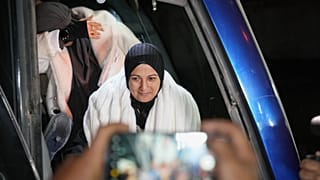

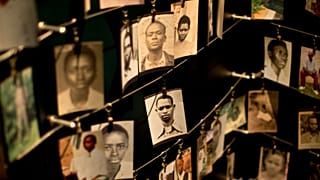

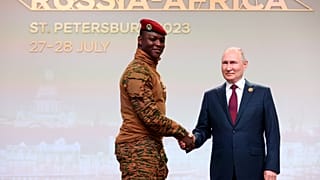
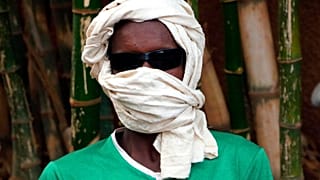
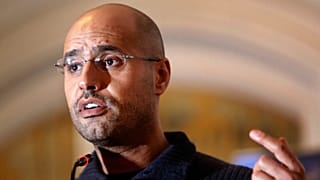
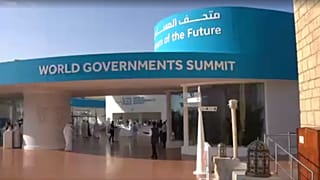
01:00
Burkina Faso military government dissolves 100 political parties
00:51
Uganda says it plans to cut external budget support by 84 per cent
01:55
One year into M23 control, residents are struggling to get by in DRC's eastern capital
01:51
In Ivory Coast, cocoa farmers have nobody to sell their produce to
00:50
Ghana's multidimensional poverty rate declines for third consecutive quarter
01:01
Burkina Faso: Damiba extradited by Togo